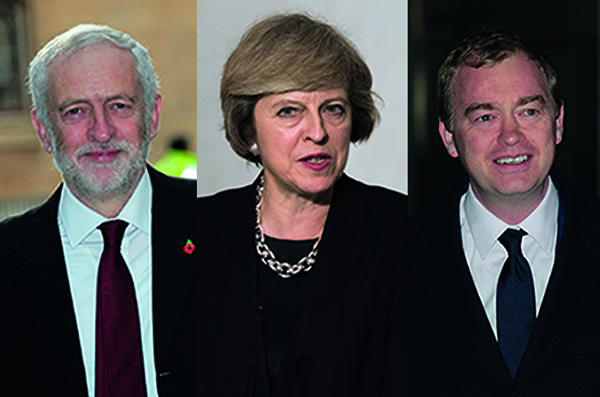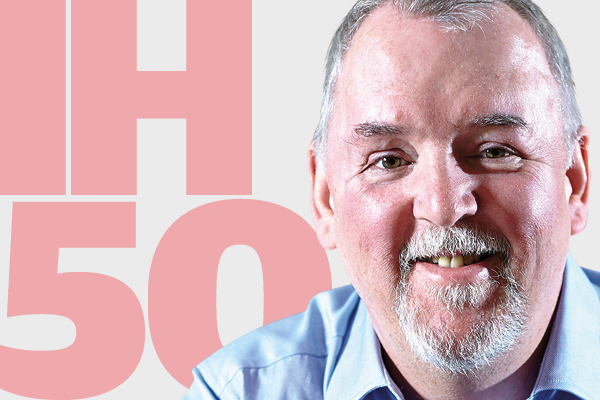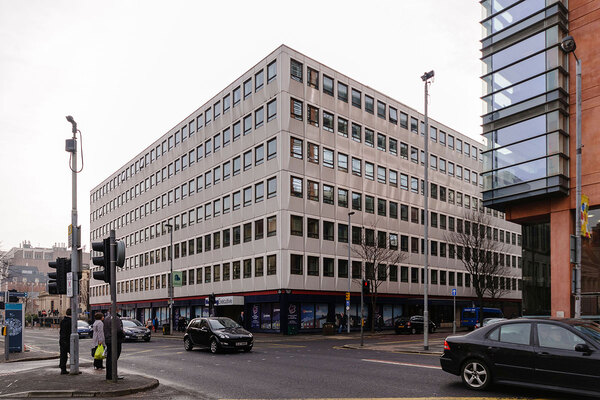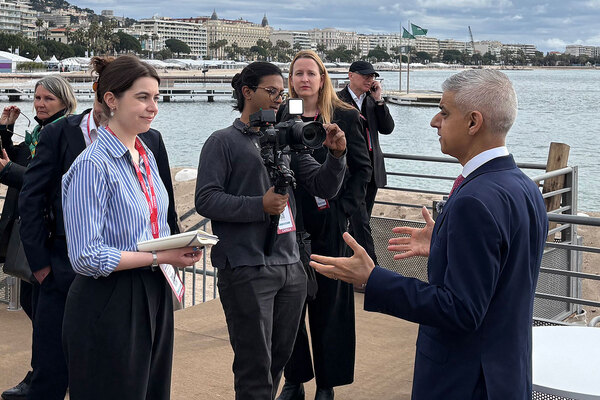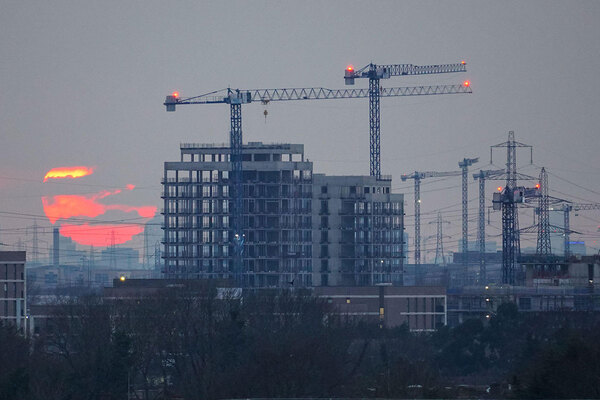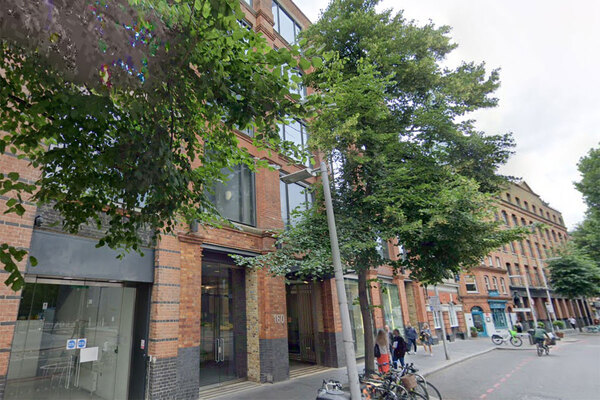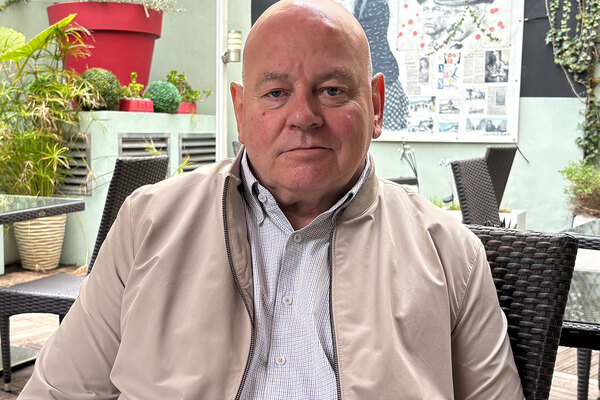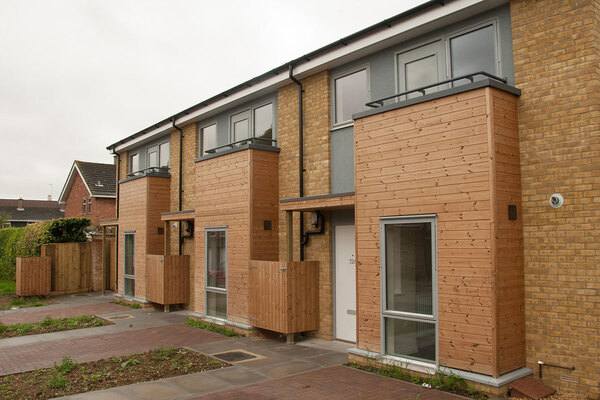Election Insight: housing insiders
With polling day looming ever larger, housing has never been higher on the main parties’ agendas. Gavriel Hollander meets three candidates, each with a background in the sector, to find out where next week’s election will be won and lost
Gideon Amos
Liberal Democrats, Taunton Deane
Gideon Amos has waited a long time to dip his toe into the political waters, after spending three decades working in housing and planning in one capacity or another.
Having trained as an architect, Mr Amos is probably best known to Inside Housing readers as the former chief executive of the Town & Country Planning Association (TCPA). So why is now the right time to launch a bid for elected office?
“The country is more divided than it has ever been,” he explains. “I am immensely concerned about the lurch to the extremes, and particularly about the Brexit vote.”
Mr Amos left the TCPA in 2010 after 10 years at the helm, and he thinks the Liberal Democrats’ housing policies chime with the work of his former organisation.
“The fact the Liberal Democrats want to build 300,000 new homes is in line with what [the TCPA] do. There’s a parallel between our policy of building 10 new garden cities in England and the TCPA calling on people to build the homes people need. The country is more ready to accept a need for housing, partly due to the TCPA’s previous work.”
Mr Amos, who has been a non-executive director at Swan New Homes since 2007, also spent five years at the Planning Inspectorate, working on infrastructure planning. He believes that “the failure to get the infrastructure that goes along with housing” is what particularly exercises local voters.
“The country is more divided than it has ever been."
Having grown up in the constituency, where he still lives now, Mr Amos is acutely aware of the particular local issues around housing in the South West. He also believes the election in his constituency will be won and lost on how the parties address those local concerns. These include how to allow the town to grow while not encroaching on the surrounding countryside. He believes this can be achieved through the use of so-called ‘green wedges’, but is concerned these don’t enjoy the same protection as the green belt.
When it comes to developers, he says the government “is not tough enough” with them, but refuses to blame them for slow housing delivery. “It’s silly to assume they are the ones that should be solving the nation’s problems; we shouldn’t expect them to act out of altruism,” he says.
The Liberal Democrats held Taunton Deane until their vote collapsed in 2015, when Conservative Rebecca Pow took the seat with a majority of more than 15,000. But based on last month’s local election results, Mr Amos says a 5% swing could win it back: “We can win this seat and that’s my intention.”
Vikki Singleton
Labour, Morecambe and Lunesdale
Unlike some of her would-be peers in Westminster, Labour’s parliamentary candidate in the Lancashire constituency of Morecambe and Lunesdale knows what life is like at the sharp end of the housing crisis.
The 33-year-old Blackpool councillor had owned her own home through a shared ownership scheme until she lost it in the financial crisis of 2008. Since then, she has been stuck in the private rented sector. The oldest of her three daughters is currently living in the sixth home of her young life.
Ms Singleton’s personal story has helped inform her politics, especially when it comes to housing policy. Her credentials in the sector are reinforced by her stint at the council-owned Blackpool Housing Company, where she has been a director since last October. The company focuses on regeneration in inner Blackpool and its aims are in tune with what Ms Singleton sees as the crux of the housing problem, both locally and nationally.
“I am very community-minded,” she tells Inside Housing. “A lot of our problems could be solved by having a sense of community but how can you have a sense of community if you haven’t got a home?”
Understandably, Ms Singleton is especially motivated by a desire to fix the private rental market.
“It’s about the uncertainty,” she explains. “If the landlord ever decides he doesn’t want to rent it he can have the house back. With three children, that’s a concern.”
The Labour candidate believes that many people across the country, and particularly in political circles, “don’t realise the scale of private letting and how reliant people are on it”.
“A lot of our problems could be solved by having a sense of community."
She proposes a system of rent caps and more rigorous licensing of private landlords. “There aren’t the laws around to help us renters,” she elaborates. “The cap is going to be very helpful in getting people into more secure housing.”
Ms Singleton does believe that perceptions are changing, saying there has been “a shift in terms of generations” as people become more used to renting. “There was that dream that we would all own homes, [but] we’re not as optimistic as we were a couple of decades ago.”
And what of her own political ambitions? Ms Singleton was a councillor at Lancaster City Council for four years before taking the same role at Blackpool Council in May 2015. This is the first time she has stood for parliament.
She would have to overturn a 4,500 majority to win the seat from the Tories and admits it will be tough going with Labour trailing in the polls.
“I am positive that I am making a difference when I talk to people,” she insists. “But this is such a short campaign so it’s about having the ability to talk to enough people.”
Kevin Hollinrake
Conservative, Thirsk and Malton
Kevin Hollinrake has had an interest in politics since an early age, but before becoming MP for Thirsk and Malton in North Yorkshire in 2015, he chose to pursue his business interests instead.
Perhaps surprisingly, however, the founder of Hunters estate agents has similar answers to the other candidates Inside Housing spoke to when it comes to the housing problems facing the country.
“There’s no question it’s affordability,” he says when asked what he considers to be the biggest housing challenge. “I come from a generation that was able to get on the housing ladder or pay the rent relatively easily.
“Now, there’s more pressure on people; a quarter of people in poverty are there because of housing costs.”
Elected as MP in his home constituency for the first time two years ago, Mr Hollinrake knows his views on how to bring down those costs are not entirely consistent with those of his party.
“I was definitely at odds with government policy prior to the new chancellor taking over,” he admits. “Making money available for Starter Homes and not to housing for rent was a mistake.”
He calls Help to Buy, the flagship government policy to revitalise the first-time buyer market, “a sticking plaster approach to the main issue” of keeping prices down.
"A quarter of people in poverty are there because of housing costs".
On affordable rents being set at 20% below the market price, he says this is still unaffordable for many, including large sections of his own community.
“My constituency is rural and a lot of these areas are expensive. Our prices are below where they were in 2007 but they’re still very expensive and in some cases difficult for people to afford to rent.”
Despite admitting “it might be against my business interests”, Mr Hollinrake is in favour of tighter licencing of landlords and a ban on letting fees.
Another area where Mr Hollinrake is at odds with some segments of his party is on the degree of protection afforded to the green belt.
“No one wants to concrete over the countryside, but you’ve got to take a pragmatic approach,” he explains. “It shouldn’t be an excuse for local authorities to resist new housing with no reason. I am less precious about the green belt than some of my colleagues.”
Having won his seat in 2015 with an increased majority approaching 20,000, it seems a fair bet to assume Mr Hollinrake will return to Westminster. But he has sensed one major difference between this campaign and the last.
“I could count the times that local people have mentioned local issues on one hand,” he says. “This time they’re only talking about the EU.”

